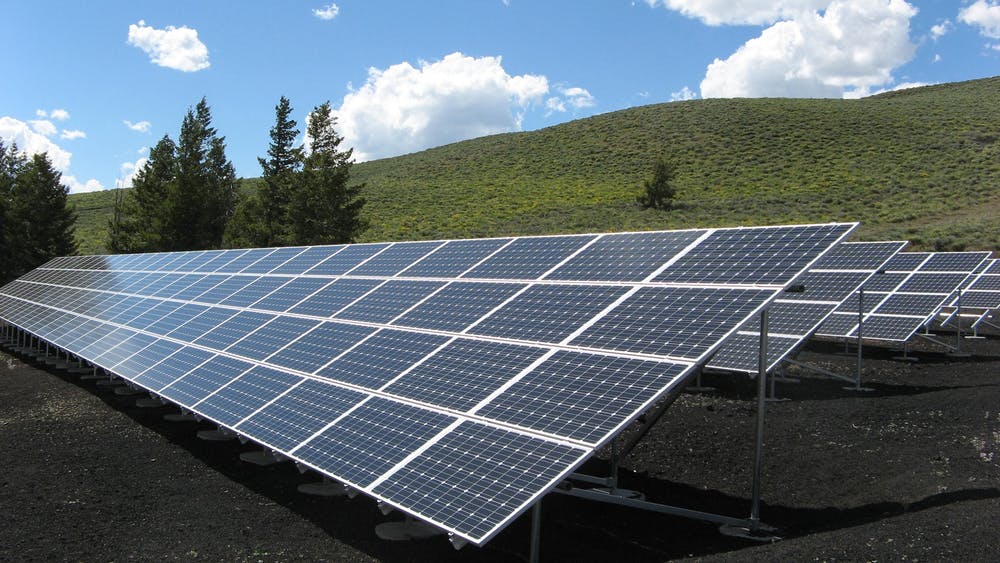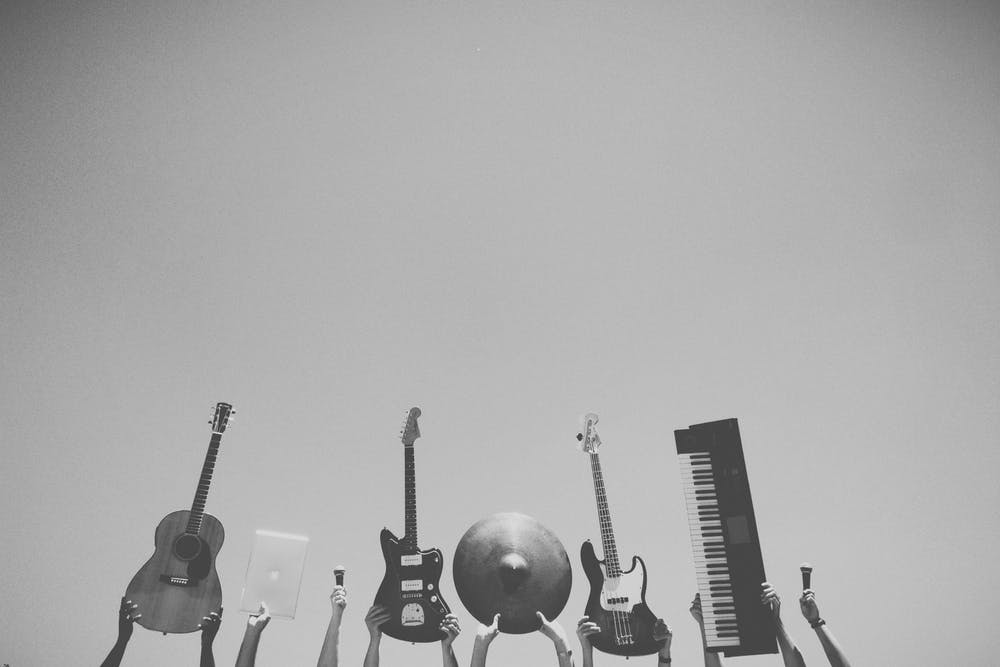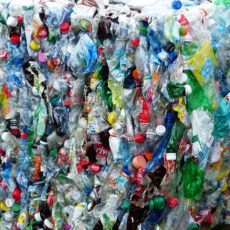
Music is very often a salve for the soul. It’s what we turn to both to reflect our mood and to try to change it. We can all name an artist or song which has left an indelible mark on us.
And there’s nothing quite like experiencing live music – you sometimes walk away with a brand new favorite tune, sounding so different than through Alexa. The artist is letting you share an experience with them, their emotions; the melodies, suitably shouty, thumping or harmonious, create their own pathway of synaptic sparks through your body.
But…
We are learning more and more of the environmental costs of our current lifestyle choices. We recently did a deep dive on the environmental impact of attending a festival, and even more recently looked into the carbon footprint of all manner of entertainment options (a written version and a YouTube channel video), including gigs, sporting events and online activities. Now I’m not saying for sure that Chris Martin has our App, reads our articles and subscribes to our YouTube channel…but I can tell you that within the same 24 hours of us publishing, he announced that Coldplay would not longer be touring, at all, unless they could be carbon neutral. The band will take a break for a year or two as they work out how they can not just be sustainable on tour, but be actively beneficial. Martin wants to tackle the obvious, like the energy utilized for running the show, by having it largely solar powered. But he also wants to have zero single use plastics, which of course are a huge waste problem when attending live events (and they use fossil fuels for production). Also in the UK, Massive Attack have partnered with Manchester University to try to accurately map the carbon footprint for the entire music industry. They’ve been mindful of their environmental impact for more than 20 years, even using train travel on tour whenever it was feasible, but lead vocalist Robert Del Naja has said that even at the moment, people need touring music. He refers to the uplifting feeling of a unifying cultural experience – which I for one, completely agree with – but this puts musicians between a rock and a hard place.

So is there a middle ground? A compromise between touring-business-as-usual and not touring at all? Billie Eilish and The 1975 believe so. Billie’s next tour will be “as green as possible”, with no plastic straws, very few plastic bottles (venues are required to have refill stations for fans to replenish their own reusable water bottle…and if you forget yours, the merch stand has got you covered); plenty of recycling stations; vegan catering; and Billie offsets her air travel. Plus, there’ll be an environmental education Billie Eilish Eco-Village at every venue to help communicate climate change and environmental care messages. The 1975 have pledged to plant a tree for every single ticket sold to their 2020 UK and Ireland tour; they’re not printing any new t-shirts for the tour; fans are planting trees too; they’ve announced a green concert in London – where they’ll have paperless tickets and use sustainably sourced HVO power (renewable diesel produced from vegetable fats and oils), and Festival Republic will plant 1,975 trees in locales nearby the event. Plus, they recorded a song with climate activist Greta Thunberg. The 1975 are reverberating their environmental message loud and clear! (Forgive me, but I needed a segue).

‘Reverb’ is not an uncommon word in the music industry. Sometimes it’s good, sometimes it’s bad. But this REVERB is definitely always good! Its a non-profit environmental organization launched specifically to make bands and their touring greener. Artists like P!nk; Fleetwood Mac; Maroon 5; Dave Matthews Band; Shawn Mendes; Jack Johnson; The Lumineers; and yes, you guessed it, The 1975 and Billie Eilish; all have a partnership with REVERB for their gigs. Their impressive impact has seen more than 3.1 million single use plastic bottles eliminated from gigs; 120,000 tons of carbon emissions avoided (approximately the same as removing 29,000 passenger vehicles off the road for an entire year!); and they are using a campaign called unCHANGEit to fund and build projects which completely eliminate GHGs from music tours.

Renewable energy projects are being funded by musicians on the other side of the world too. In Australia, a project named FEAT. (Future Energy Artists) originally saw the banding together of 17 Australian recording artists and 7 industry groups. But now includes sporting stars, ever more artists are jumping on board, and they’ve opened investing up to music fans of Australia. Their goal: “to reshape the environmental legacy of the music industry”. They have funded, and almost completely built, a huge solar farm, with an output of 35 megawatts – enough to power more than 11,300 average Australian homes…for 30 years. The brains behind FEAT. is keyboard player from Australian band Cloud Control, Heidi Lenffer. She was moved to action after she was privy to a scientific demonstration of what increasing temperatures do to ocean waters – the result wasn’t pretty. And as a touring musician she wasn’t naïve to her own contribution to this climate crisis. She was dissatisfied with only offsetting her band’s activities, as she understand that the real solution lies with new, renewable infrastructure – so that’s what she set out to do – build the infrastructure herself!

So, assuming you’re unable to start building a solar farm yourself, what can you do to get involved and support this music industry in this necessary change?
1. Think about your transport to and from a gig/festival – this is a huge part of the overall carbon footprint of the event. In order of preference: cycle; use public transport; or safely cram as many people as possible into your car;
2. Avoid the single use plastics as much as you possibly can (this is all the easier if you’re attending events from partners with REVERB);
3. Research the artist, their ethos, the venue – get to know if those things meet your ethical environmental code. If not, maybe just listen to them on the radio;
4. Donate to the cause: you can do this through REVERB (honestly, this is not an ad for REVERB, we just love what they’re doing…which is a huge amount!); or invest in solar with FEAT.; and lastly,
5. When you’re there, enjoy every second! Savor it for later. Appreciate what goes into putting on a show, and how that particular artist may be trying to positively impact our planet.




